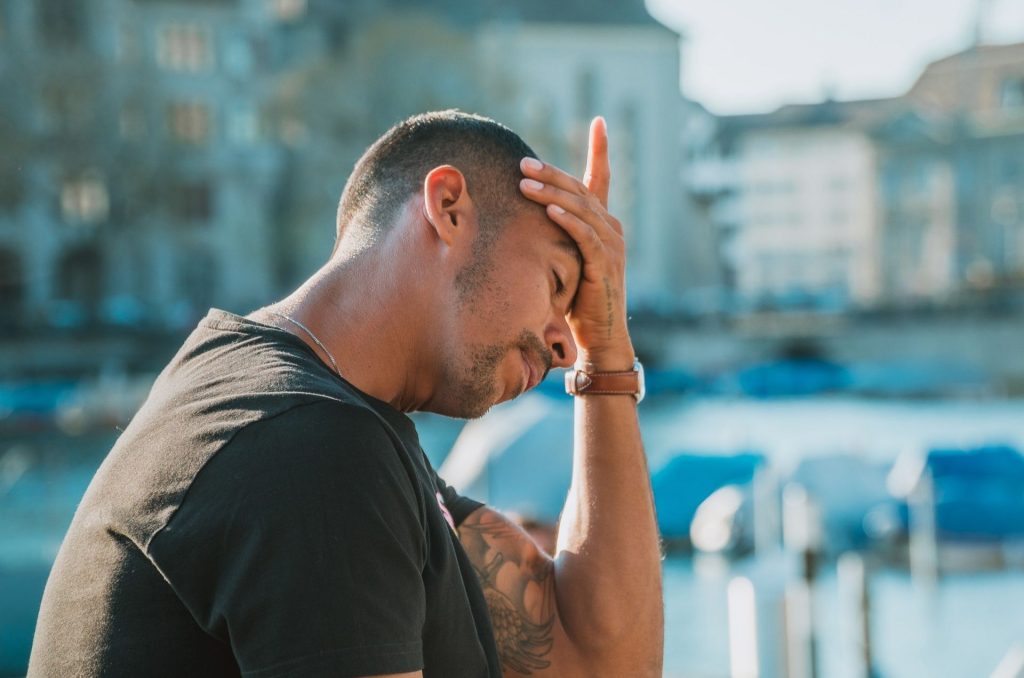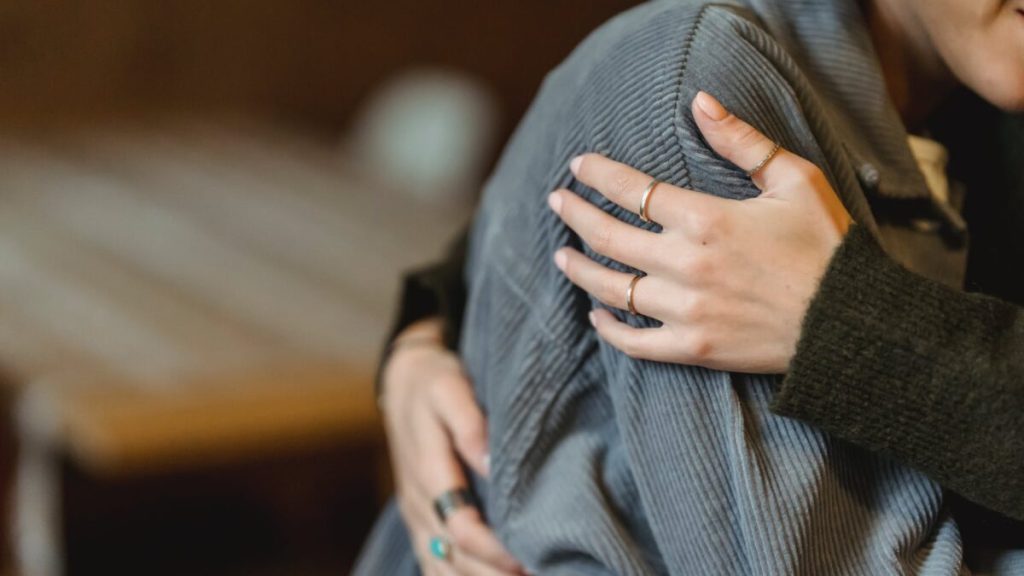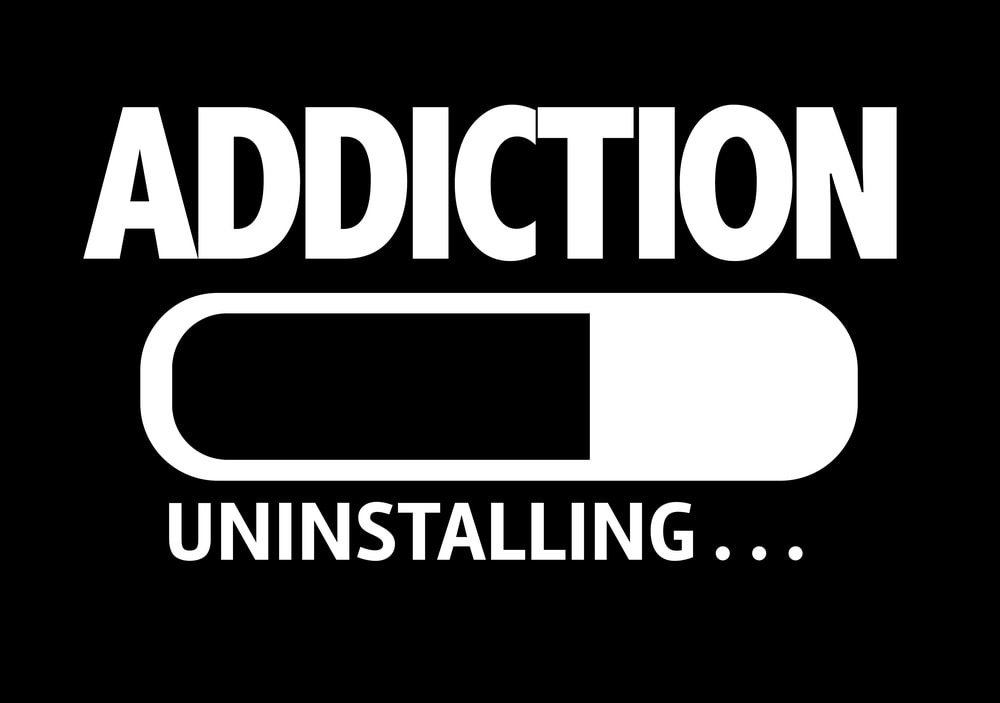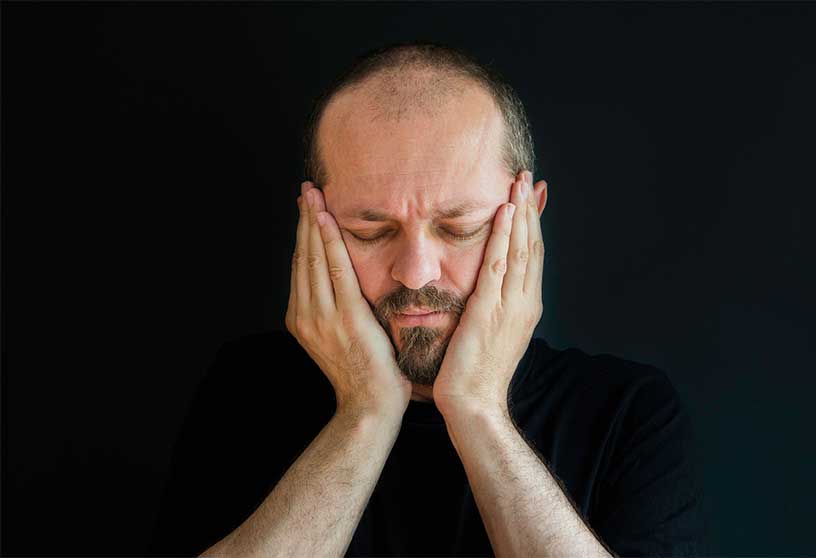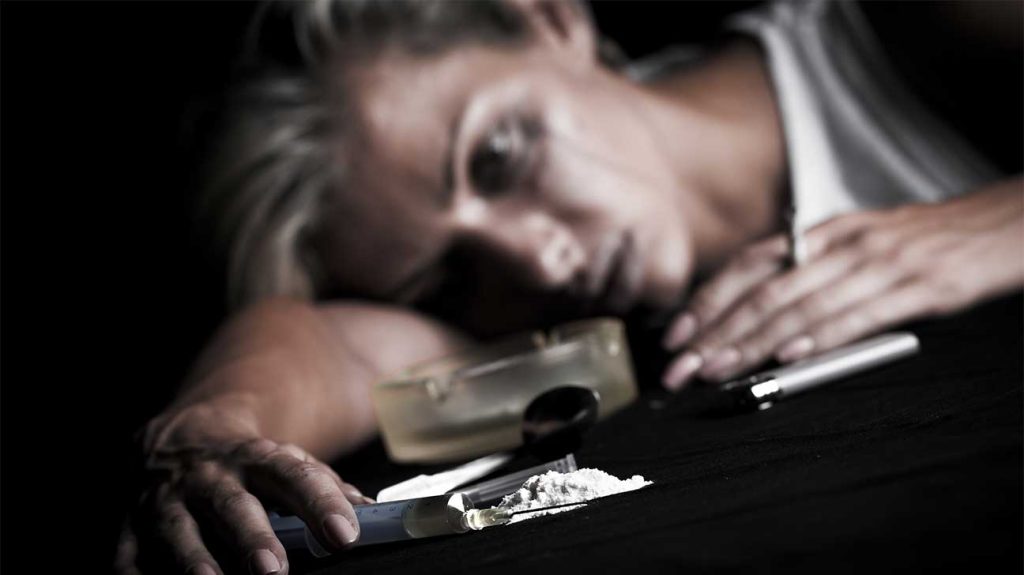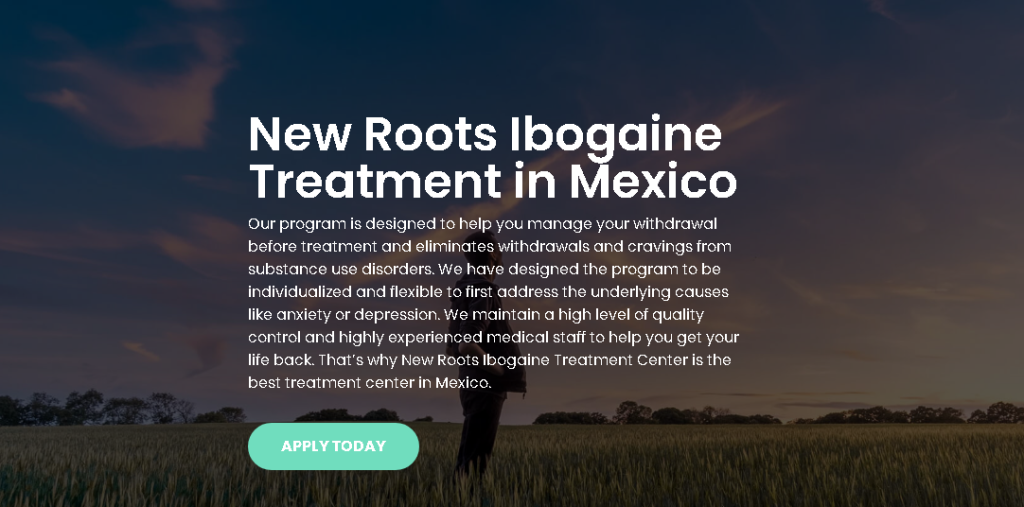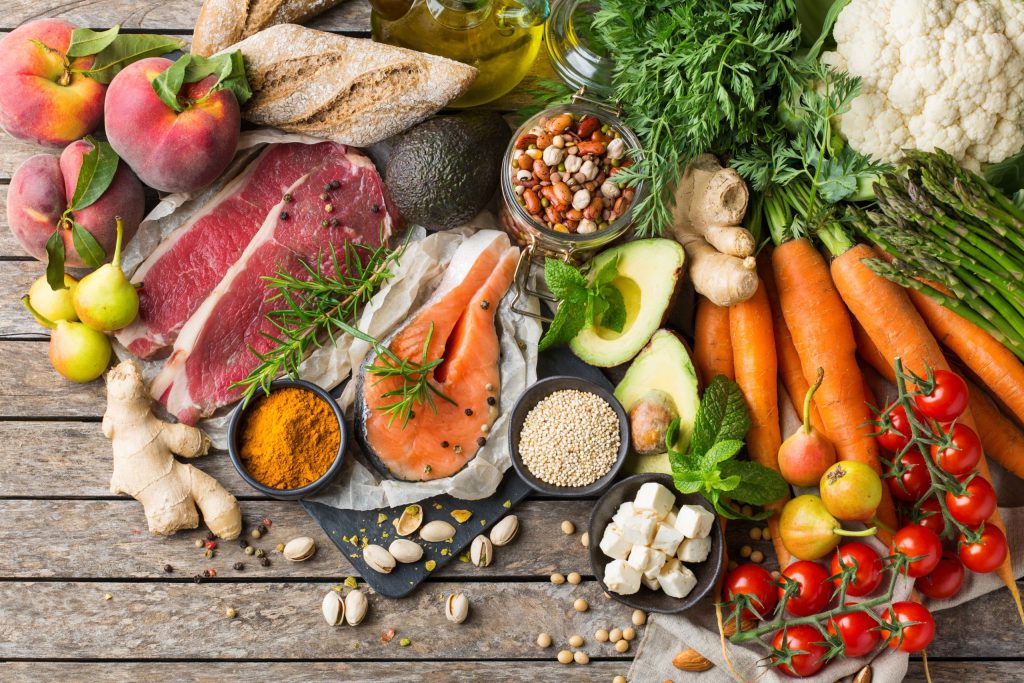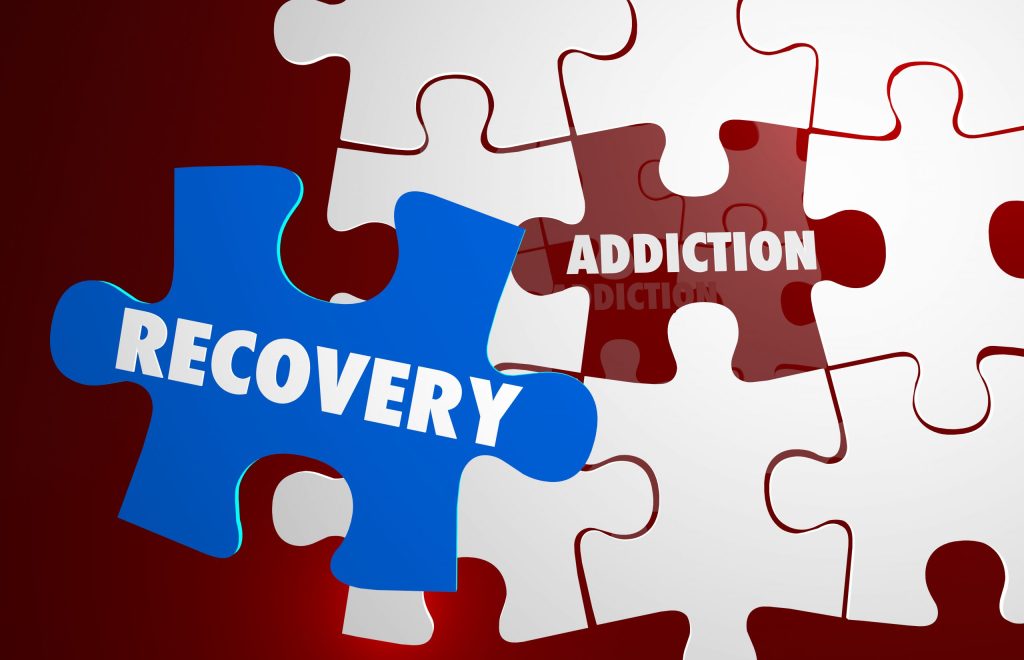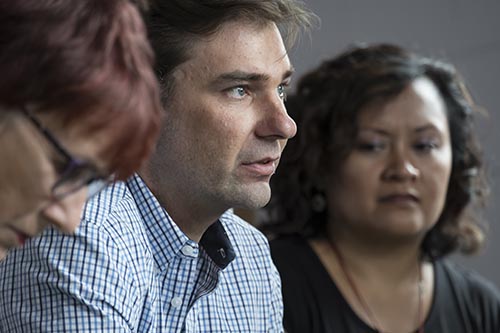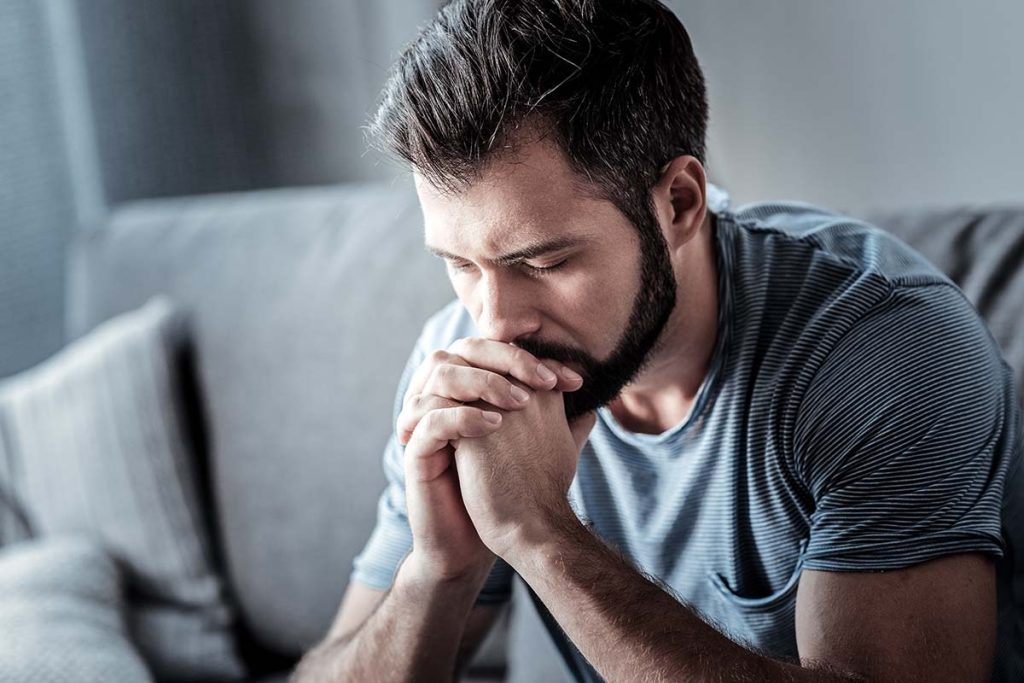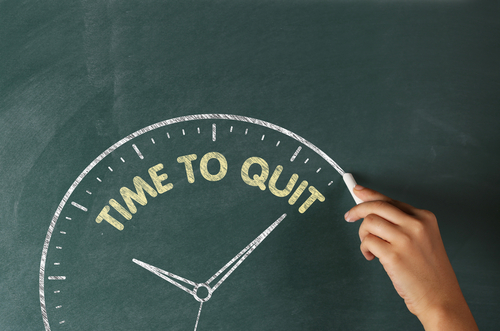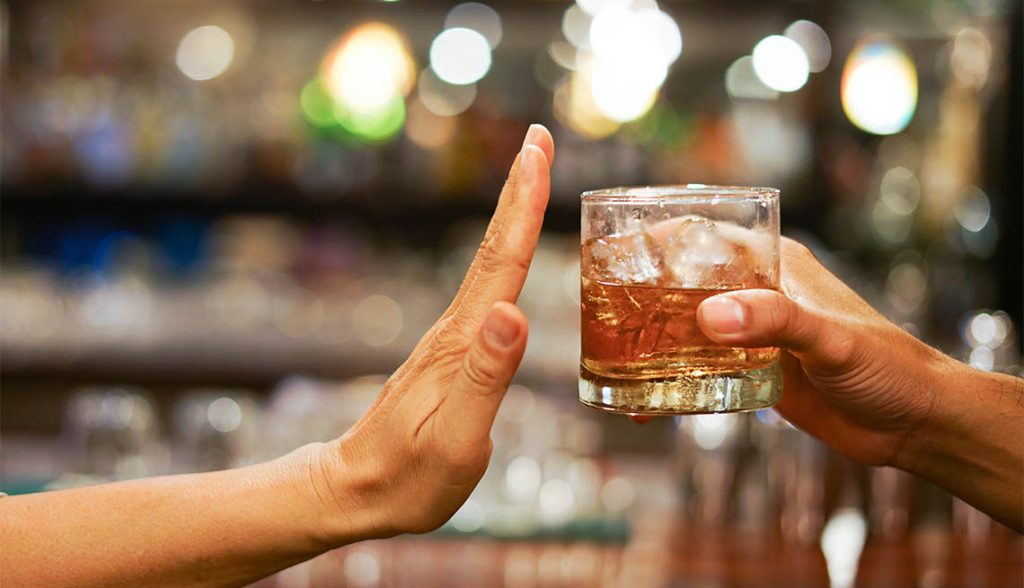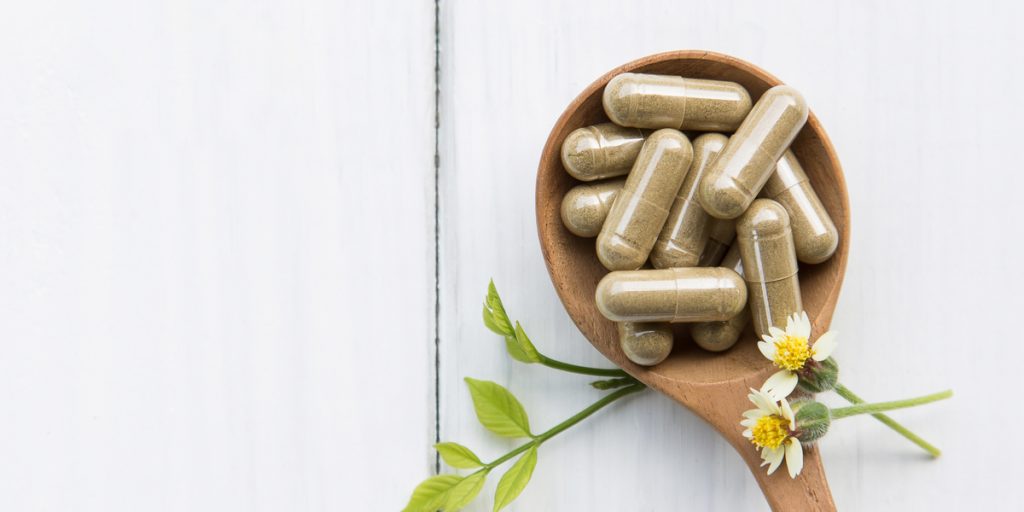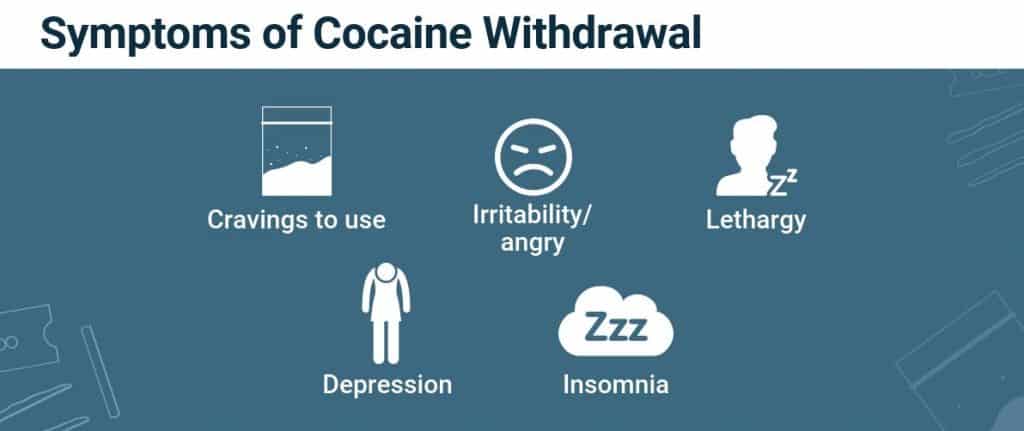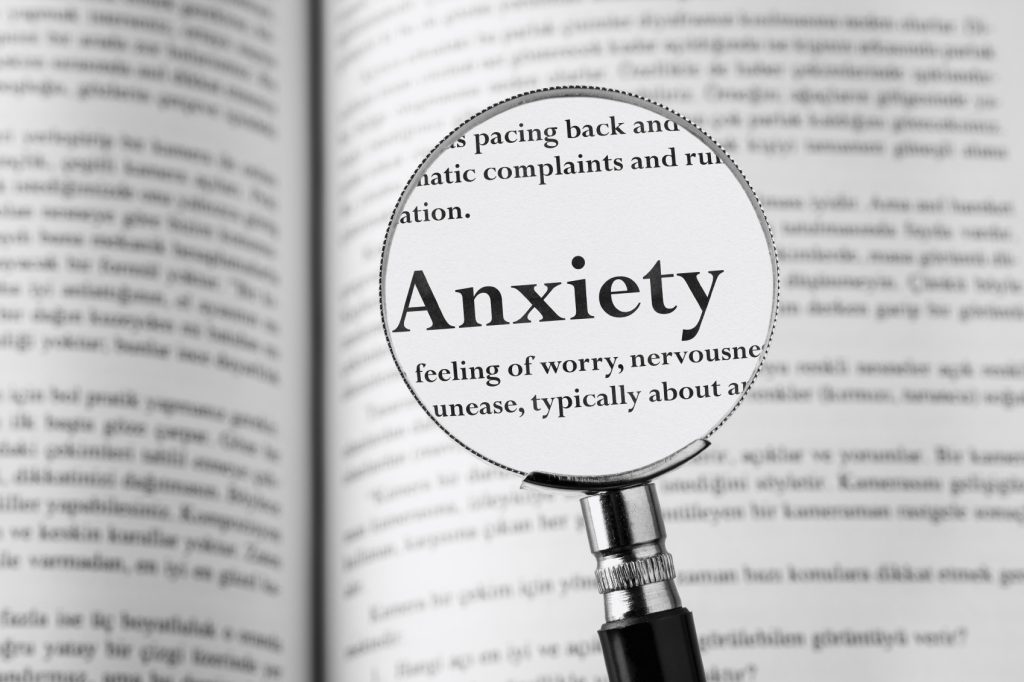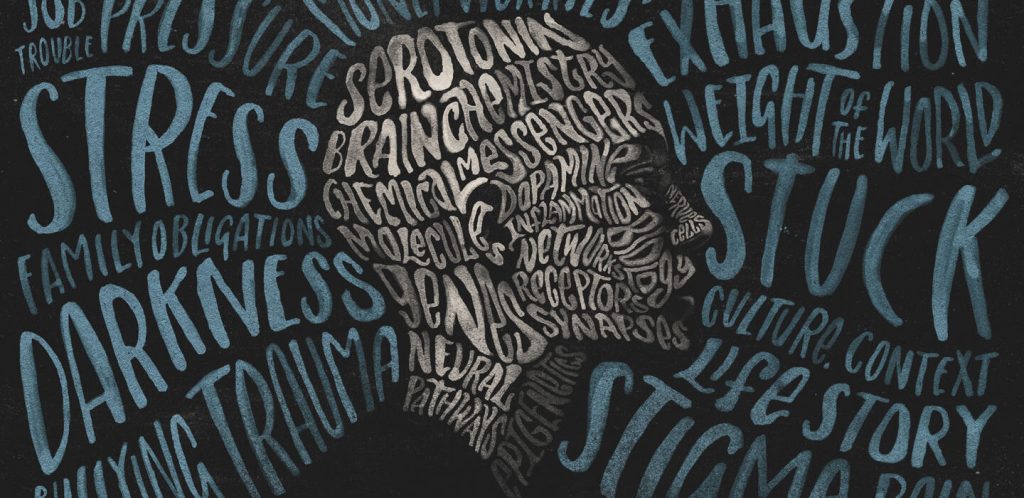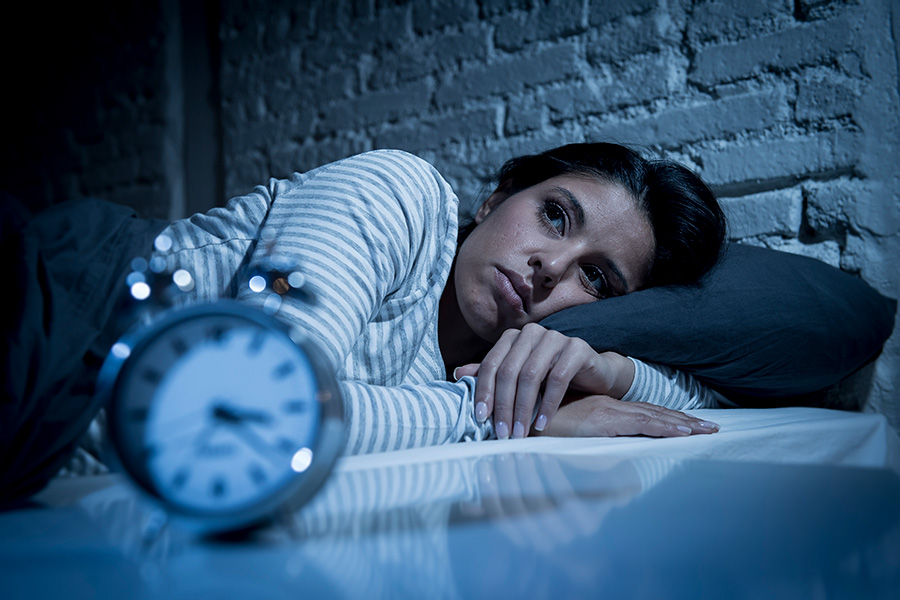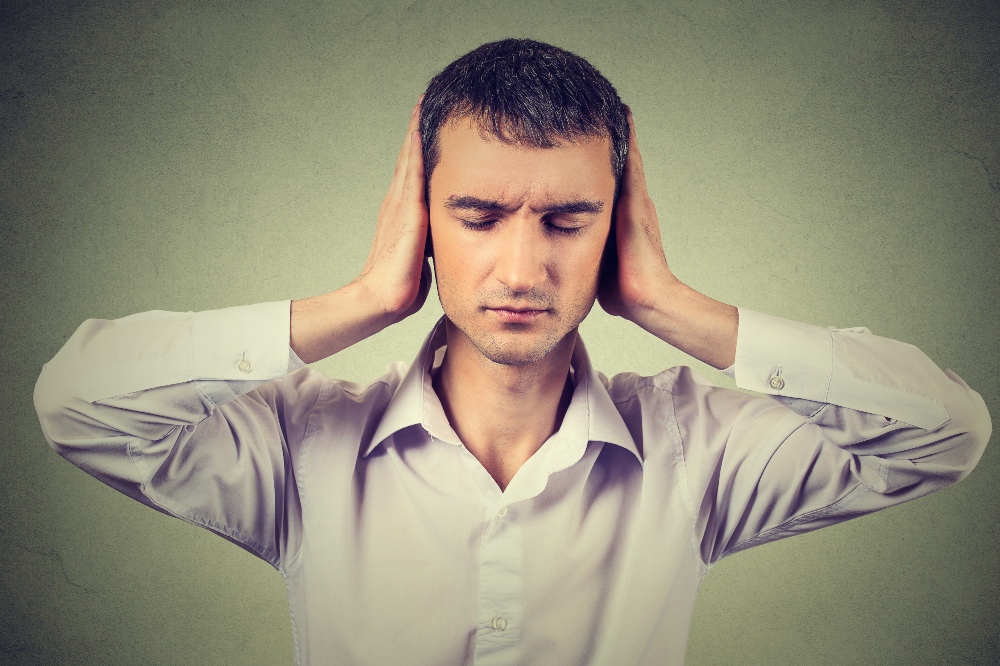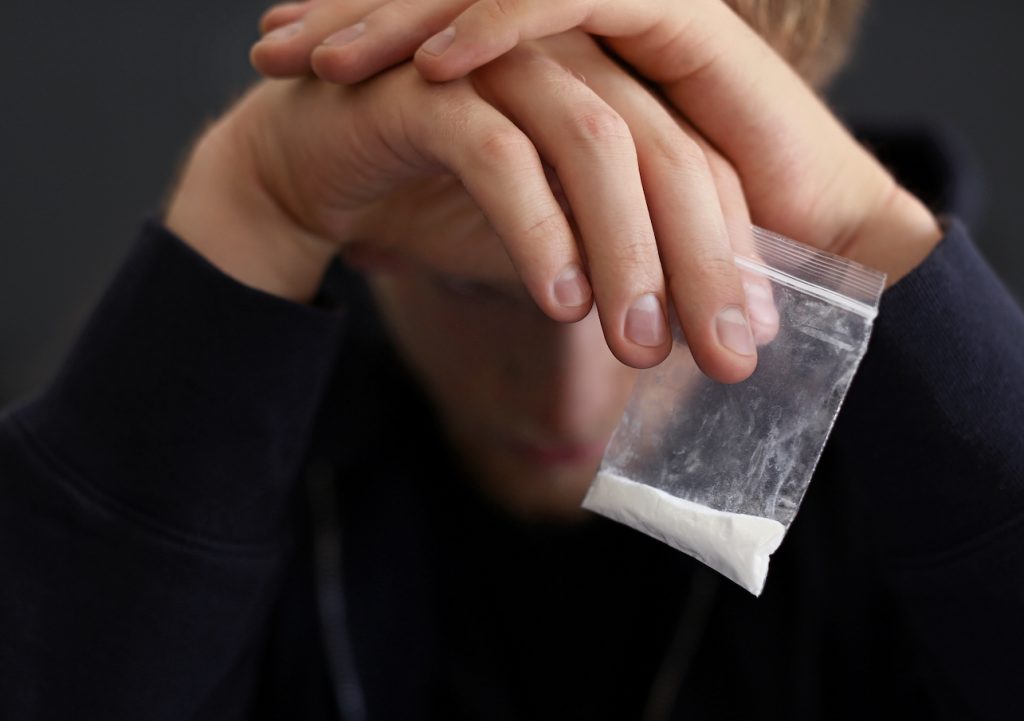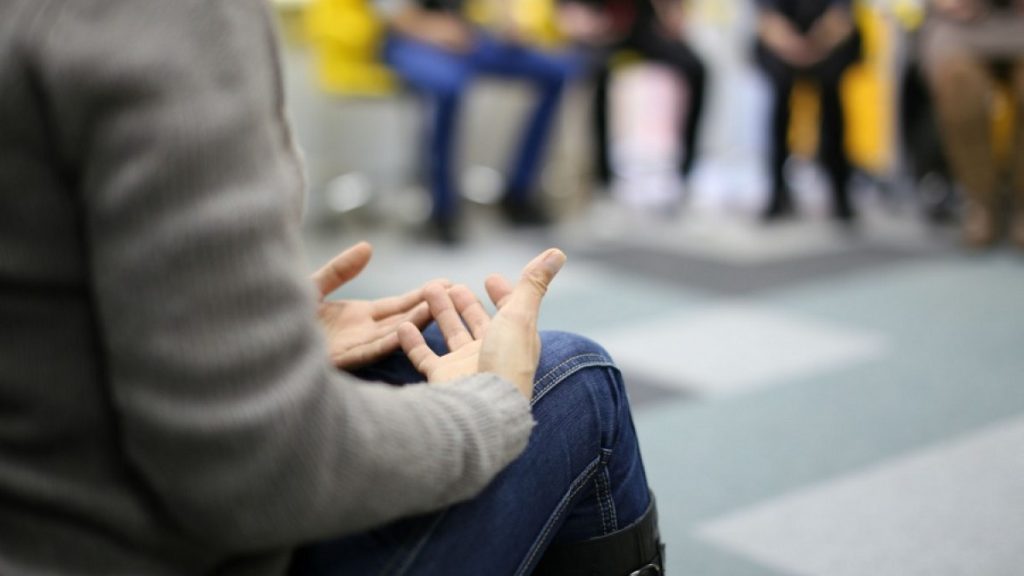How to Quit Heroin?
Asking the question, “How can I quit heroin?” is the first step to turning your life around. After all, the narcotic is highly addictive and can lead to death more often than not. So if you’re at the point in your addiction that you want to turn it all around and get back to normalcy, this article is for you. Keep reading for some great information you can take with you and share with others if applicable.
What is heroin?
Heroin is a narcotic that’s a part of a class of pain-killing drugs called analgesics. In fact, it can technically be labeled as the most effective painkiller in medicine, but it’s so addictive and so bad for you that it’s 100% illegal. Typically sold illicitly in a white or brown powder.
Just like other drugs, heroin has a primary addictive effect on the brain, activating the same receptors that endorphin and serotonin releases do. That’s why when heroin is consumed, it gives off a pleasurable sensation, “rewarding” our neurotransmitters and relieving pain anywhere in the body. This “reward” and omission of pain easily convinces our mind that it’s ok to take in heroin, to form a dependance on the drug. Unfortunately, that process in the brain can trigger a habit-forming ritual, making it extremely difficult and dangerous to quit on a whim.
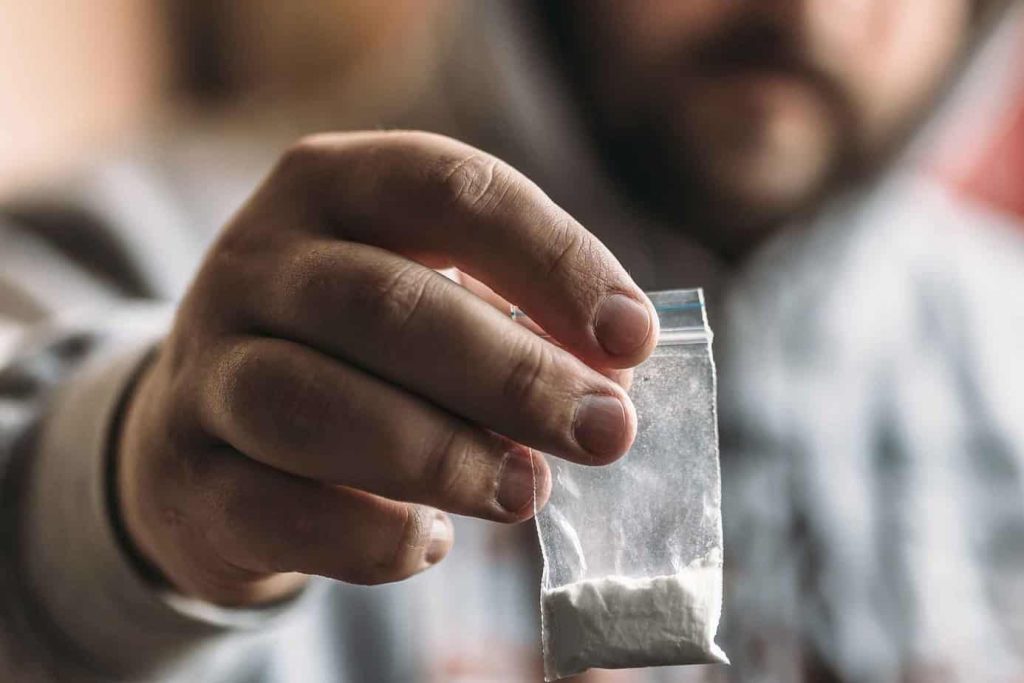
How can you stop heroin addiction?
Though we do not suggest quitting the drug cold turkey, there are ways you can consider that process treatment slowly. Some of the following may be beneficial to your case:
Behavioral Therapy: This form of treatment is not limited to one category. Behavioral therapy can include using art and music as treatment. It can also consist of leadership training, mediation, communication practices, progressive relaxation, and yoga. Most of the time, behavioral therapy will work best with prescription medications.
Pharmaceutical Treatments: This form of treatment requires you to visit a specialist doctor. FDA-approved medications will be used to wean you away from addiction. Common examples include methadone, buprenorphine, and naltrexone. Again, the best results will be seen in combination with behavioral therapy methods.
Self-Help Groups: Narcotics Anonymous is a leading organization that helps bring people together who suffer from addiction. In these meetings, a common goal is recurring: Sobriety. People share stories, lean on one another, and provide support through difficult times. Even if you’re not using and you need some support to stay away from your drug of choice, NA will be there for you every step of the way.
Ibogaine Treatment: This form of treatment uses a psychoactive alkaloid to interrupt severe addictions, especially ones centered on withdrawal symptoms and cravings. The goal with Ibogaine is to address the underlying reasons addiction occurred in the first place, that’s why depression and anxiety associated with the addiction commonly comes up in treatment, too.
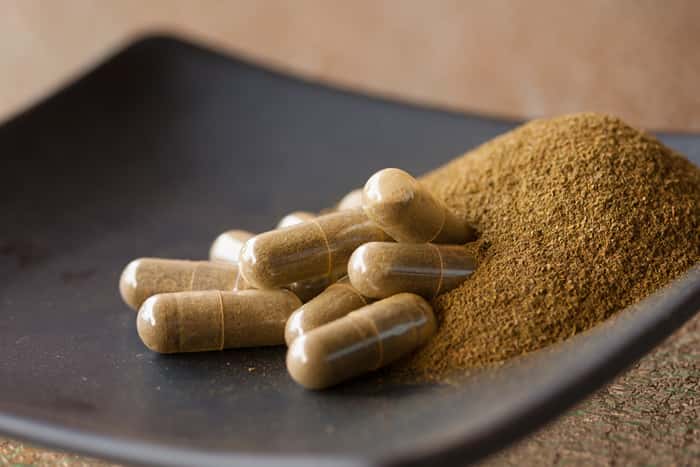
If you’re interested in going through the 7-day treatment program at New Roots in Mexico, please reach out to our healthcare professionals today. Ibogaine is clinically proven to reset your brain to a healthy baseline so that you don’t have to feel withdrawal symptoms or cravings ever again. It’s safe and will lead you to a better life. Just trust our qualified professionals, enjoy your addiction-free getaway, and see just how great your life can turn out after treatment. Visit this link to apply today.
Additional factors to keep in mind:
- Ibogaine treatment is done in a full-service private hospital.
- Trained professionals are on staff 24 hours a day, 7 days a week.
- An emergency department and medical ambulance service is on site.
